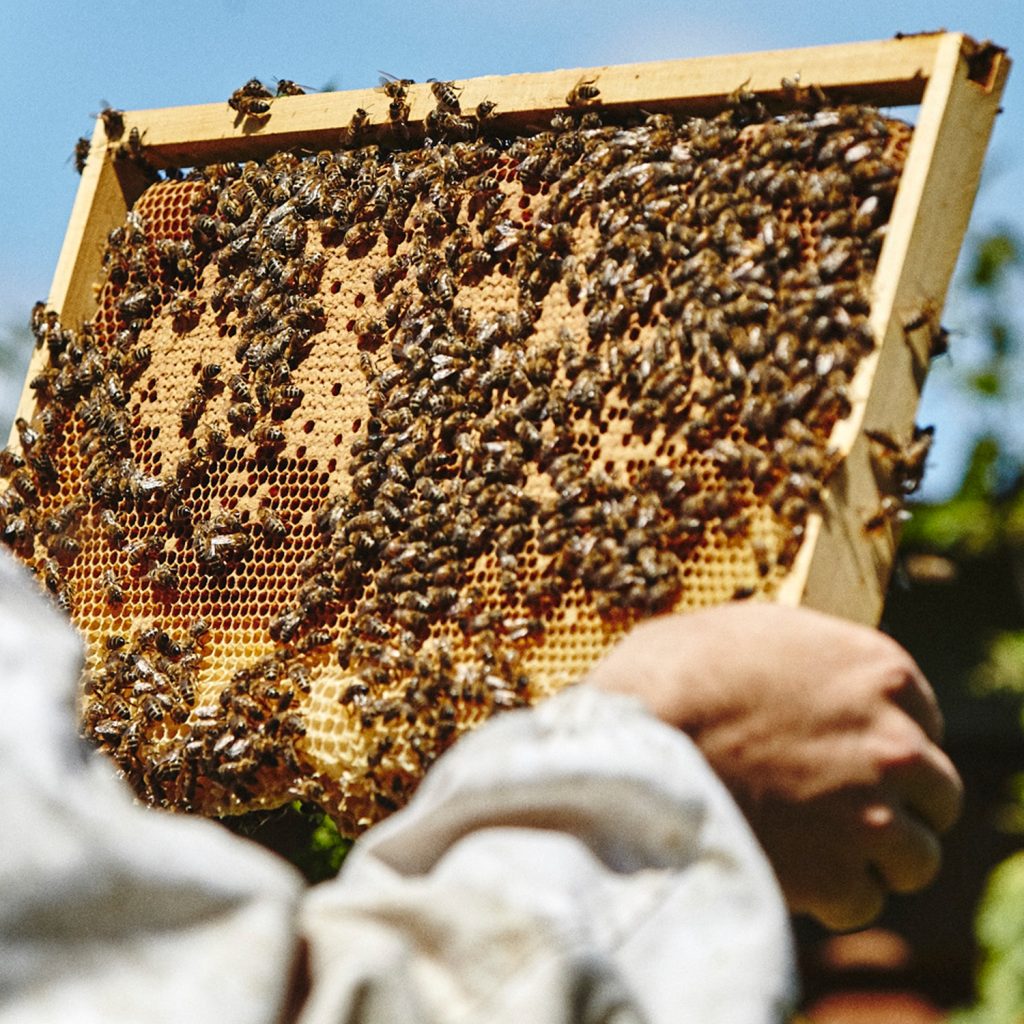Buzzing Business: Honey Bees for Sale Today!
The availability of bees for sale represents an essential role in encouraging agriculture, biodiversity, and environment health. Beekeeping has been recognized as crucial for pollinating crops, ensuring food safety, and maintaining balanced ecosystems. As a result, the sale of bees caters to a diverse range of consumers, from commercial farmers to amateur beekeepers and also conservationists. These bees aren’t only commodities; they are necessary contributors to global food manufacturing and environmental sustainability.
Bee sales encompass numerous species, with baby bees being the absolute most frequently traded. But, native bee species like bumblebees and solitary bees are also increasingly sought following because of their pollination services. The range in bee species readily available for purchase shows the rising acceptance of their own contributions to ecosystems and the necessity to support a number of pollinators for comprehensive agricultural and ecological health.
The process of offering bees involves more than handing around a hive; responsible manufacturers prioritize medical and welfare of the colonies. That entails reproduction bees for attractive characteristics such as infection weight, honey manufacturing, and docility. Furthermore, reliable suppliers provide guidance and support to consumers, specially newcomers to beekeeping, to make certain they’ve the data and resources had a need to take care of their bees effectively.
Local bee revenue are specially valuable for sustaining regional biodiversity and ecosystem resilience. When clients buy bees from local suppliers, they are investing in bees adapted to the specific climatic and environmental situations of their region. This local approach not just supports the genetic diversity of bee populations but also decreases the chance of introducing intrusive species or conditions from other regions.
The sale of bees runs beyond simple transactions; it fosters a feeling of neighborhood and effort among beekeepers, farmers, and environmental enthusiasts. Many bee vendors manage workshops, instruction sessions, and neighborhood functions to inform customers and promote best methods in beekeeping and pollinator conservation. These initiatives support build a system of educated and engaged people focused on promoting bees and keeping their habitats.
Moreover, the sale of bees plays a part in regional economies by generating money for beekeepers and supporting connected industries such as agriculture, horticulture, and apiculture equipment manufacturing. As need for pollination solutions continues to rise, bee income give opportunities for economic growth and job creation in rural and towns alike.
But, the sale of bees also raises moral criteria, especially concerning the welfare of bees and their potential affect indigenous ecosystems. Responsible beekeeping practices, such as for example infection management, hive hygiene, and habitat storage, are essential for order bees in Illinois negative influences and promoting the well-being of both handled and crazy bee populations.

In summary, the purchase of bees is a multifaceted effort that intersects agriculture, ecology, economics, and ethics. By promoting responsible bee vendors, clients not only get access to crucial pollination companies but additionally contribute to the conservation of bees and the ecosystems they support. Through cooperation, knowledge, and stewardship, bee revenue can serve as a driver for sustainable agriculture and environmental stewardship in communities worldwide.
